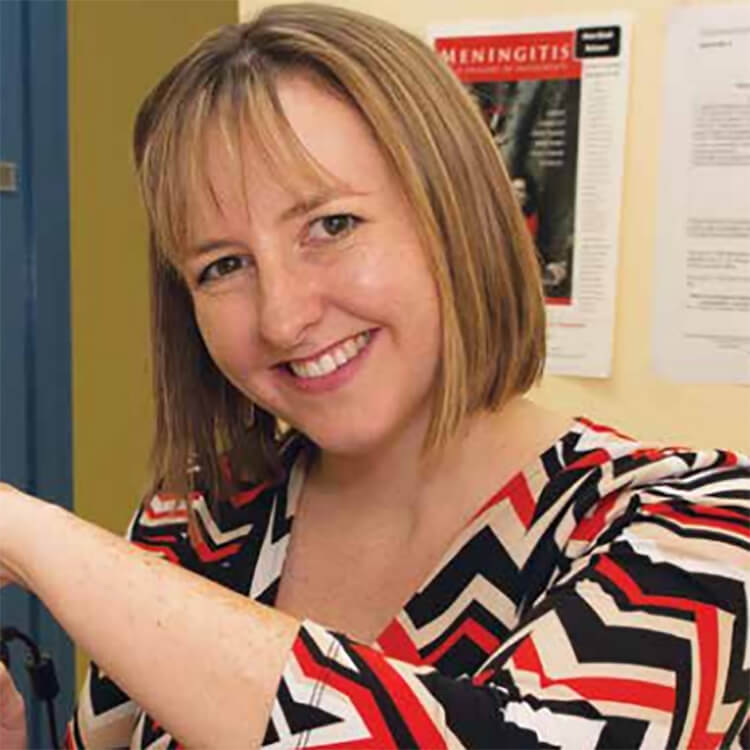Search
Research
FeBRILe3 Project: protocol for a prospective study and safety evaluation assessing Fever, Blood cultures and Readiness for discharge in Infants Less than 3 months oldAssess the safety and impact of the introduction of a guideline recommending early discharge of infants with fever without source at low risk of serious bacterial infection
Research
Effectiveness of pneumococcal conjugate vaccine against hospital admissions for pneumonia in Australian childrenReductions in pneumonia-coded hospital admissions in unvaccinated children predominated in non-Aboriginal children with low incidence of pneumonia

Research
Whither pertussis?This article discusses the rising prevalence of pertussis disease in countries which have switched to acellular vaccines.
Research
Characterization of a G1P[8] rotavirus causing an outbreak of gastroenteritis in the Northern Territory, Australia, in the vaccine eraIn 2010, a large outbreak of rotavirus gastroenteritis occurred in the Alice Springs region of the Northern Territory, Australia.
Research
The challenge of enteric feverEnteric fever prevention requires significant long term investment in provision of clean water and sanitation; vaccination offers medium term control.
Research
Duration of protection after first dose of acellular pertussis vaccine in infantsWithout a booster dose, the effectiveness of 3 doses waned more rapidly from 2 to 4 years of age than previously documented for children >6 years of age who...
Research
The Platform trial In COVID-19 vaccine priming and BOOsting (PICOBOO) booster vaccination substudy protocolCoronavirus-2019 (COVID-19) vaccination in Australia commenced in February 2021. The first vaccines recommended for use were AZD1222 and BNT162b2, both delivered as a two-dose primary schedule. In the absence of sustained immunity following immunisation, recommendations for booster vaccination have followed. It is likely that periodic boosting will be necessary for at least some Australians, but it is unknown what the optimal booster vaccines and schedules are or for whom vaccination should be recommended.
Research
Infant Whole-Cell Versus Acellular Pertussis Vaccination in 1997 to 1999 and Risk of Childhood Hospitalization for Food-Induced Anaphylaxis: Linked Administrative Databases Cohort StudyEvidence suggests that children who had received an initial priming dose of whole-cell pertussis (wP) vaccine, rather than acellular pertussis (aP) vaccine, had a lower risk of developing IgE-mediated food allergy, the most common cause of anaphylaxis-related hospital presentations of childhood.
Research
Establishing the lowest penicillin concentration to prevent pharyngitis due to Streptococcus pyogenes using a human challenge model (CHIPS)The in-vivo plasma concentration of penicillin needed to prevent Streptococcus pyogenes pharyngitis, recurrent acute rheumatic fever, and progressive rheumatic heart disease is not known. We used a human challenge model to assess the minimum penicillin concentration required to prevent streptococcal pharyngitis.
